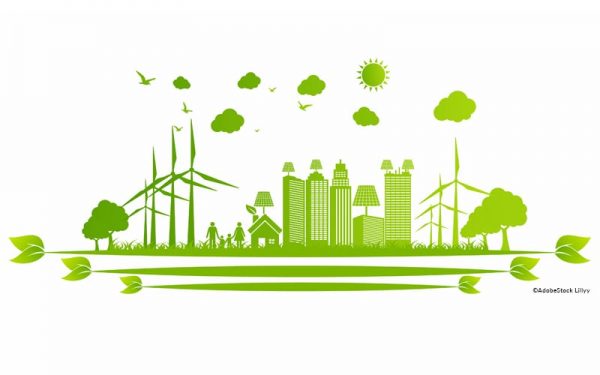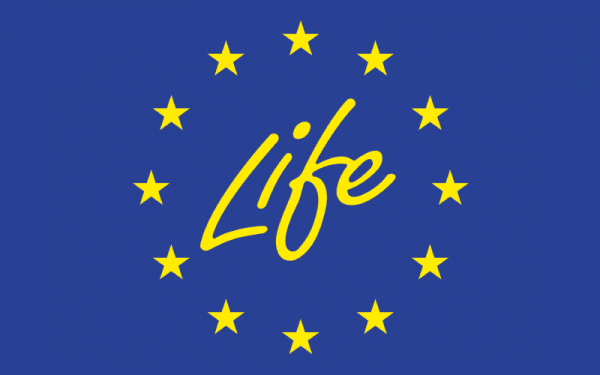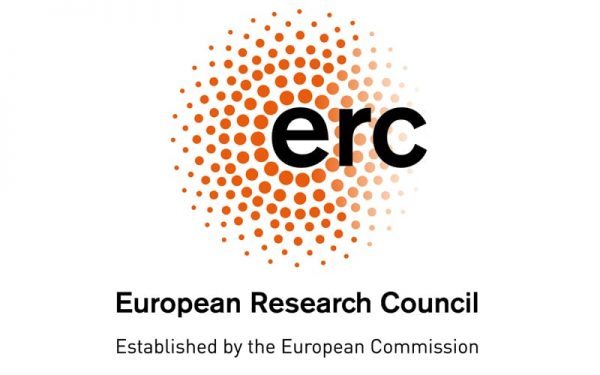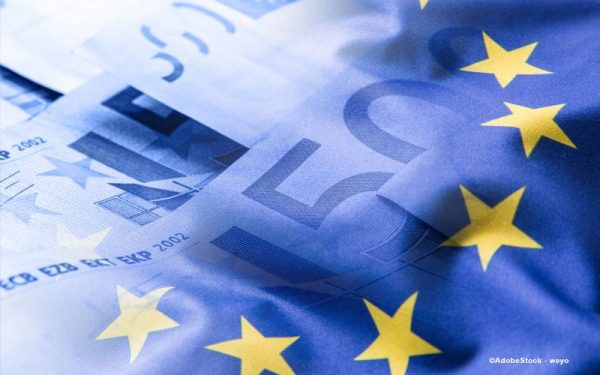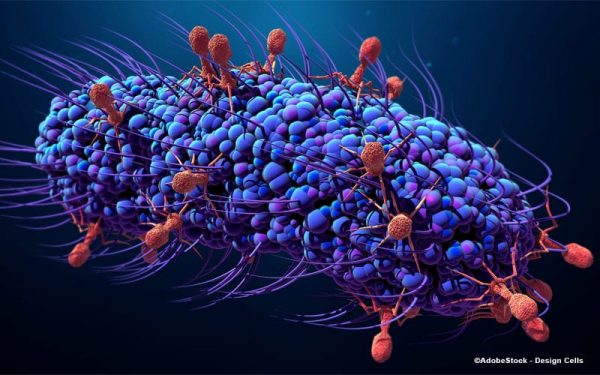Extreme heat warning: what first-ever Met Office alert means
Summer 2021 will mark a turning point in how heat is seen by the public and communicated by experts. For the first time in its 167-year history, the UK’s Met Office has issued an amber warning for extreme heat for much of Wales and parts of southern, central and western England, where temperatures are expected…




